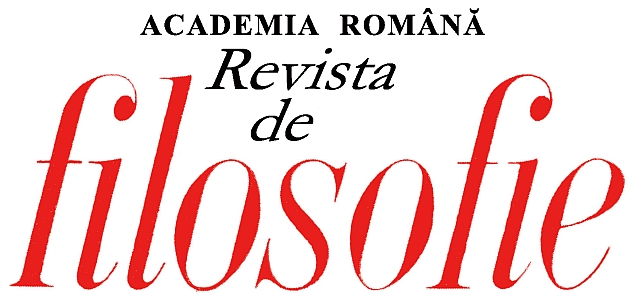CONDIȚIA UMANĂ ALTERATĂ DREPT FORȚĂ PROPULSOARE (karma) A UNIVERSULUI. INTERDEPENDENȚA DINTRE COSMIC ȘI UMAN ÎN BUDHISMUL YOGĀCĀRA
Afflicted Human Condition (ātmabhāva) as the Karmic Nourishment of the Universe. The Mutual Dependence between Cosmos and Human Being, in Yogācāra Buddhism
Author(s): Ovidiu Cristian NeduSubject(s): Philosophy, Non-European Philosophy, Indian Philosophy
Published by: Editura Academiei Române
Keywords: Buddhism;Yogācāra; obstructions; karmic maturation (vipāka); outflow;
Summary/Abstract: In Yogācara Buddhism, human being is not a simple occurrence within the Cosmos but rather an important wheel of the Cosmic mechanism. The Universe is driven by the Karmic force which is engendered by human afflicted (klia) experience. Human condition “fuels” the Universe with Karmic energy, thus maintaining its existence and dynamics. It is not as much as in the Judeo-Christian tradition, where the Universe exists for the sake of man, but neither as in the rough Materialistic outlooks, where the Universe could have existed devoid of humans, too. In Yogācara, the ultimate subject is the Cosmos and not the individual being; nevertheless, human beings are not mere accidental (āgantuka) apparitions within the Universe, but rather some of its major mechanisms, the ones which propel the Cosmos. Thus, the dependence is mutual: men appear in the Universe but, equally, they maintain into existence the Universe. The paper deals with the two major functioning mechanisms of the cosmic consciousness (ālayavijāna), the outflow (niyanda) and the karmic maturation (vipāka), proving that the outflow can’t provide more than a limited continuity of a particular manifestation. The perpetuity of the cosmic consciousness is possible only through the karmic maturation mechanisms which always involve human affliction and human subjects.
Journal: Revista de filosofie
- Issue Year: LXVII/2020
- Issue No: 1
- Page Range: 5-24
- Page Count: 20
- Language: Romanian, Moldavian

